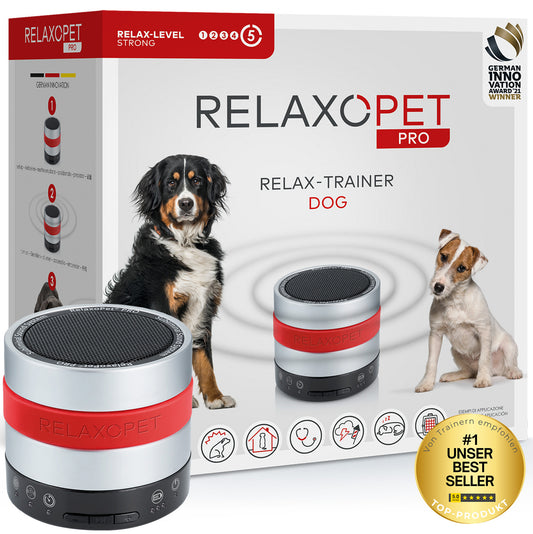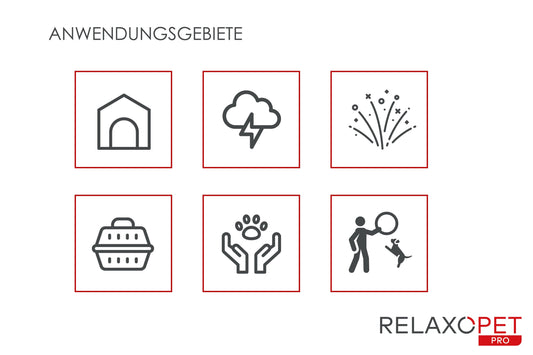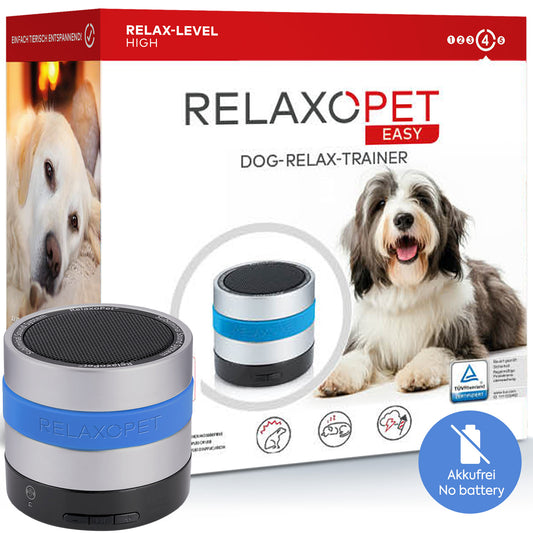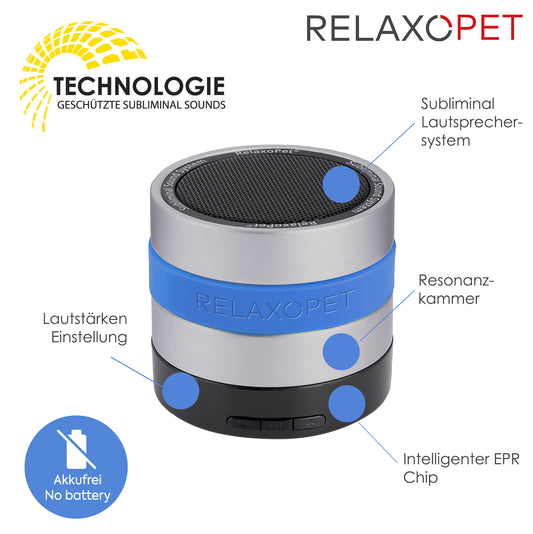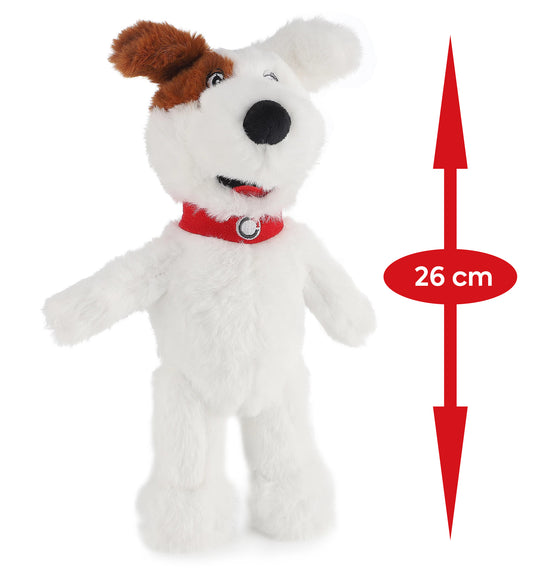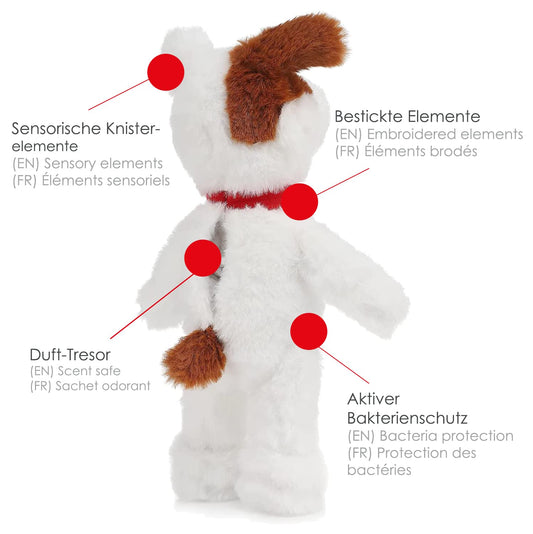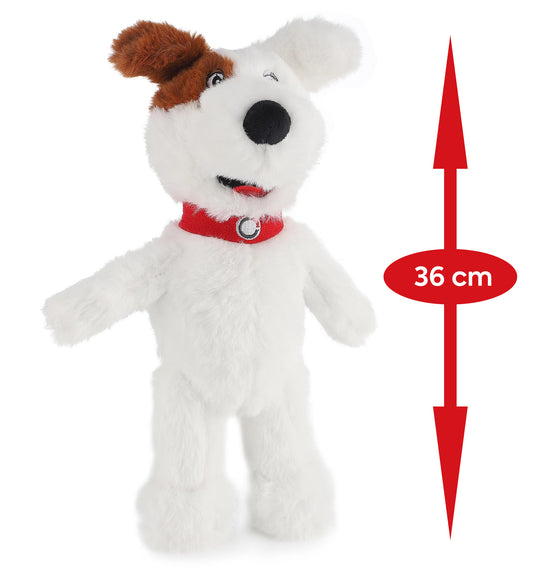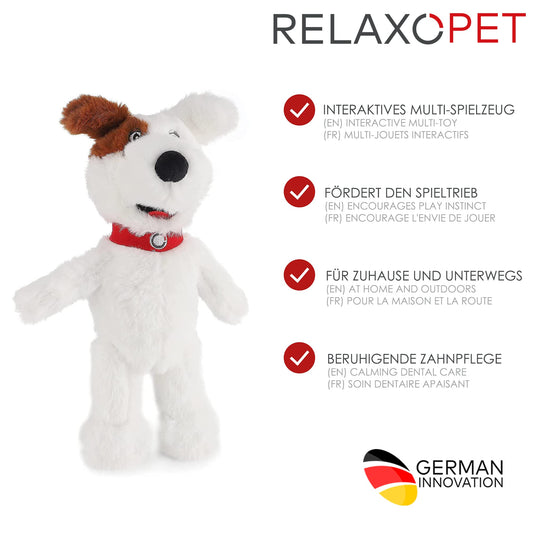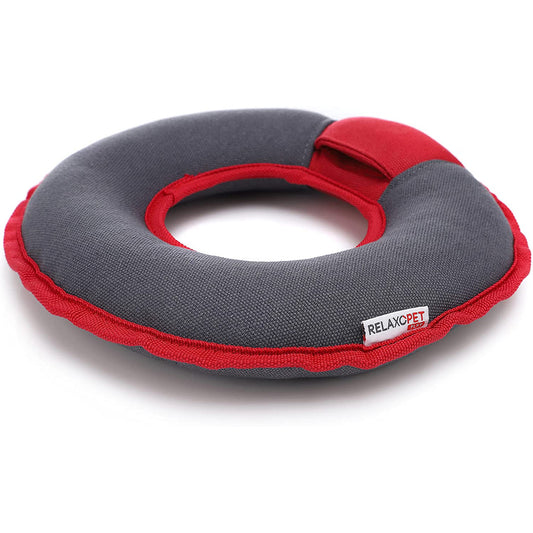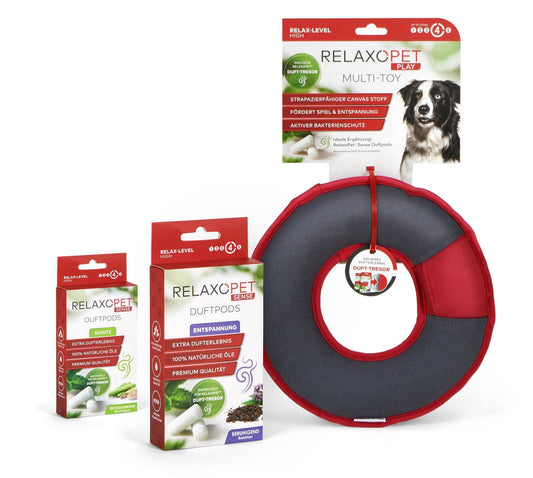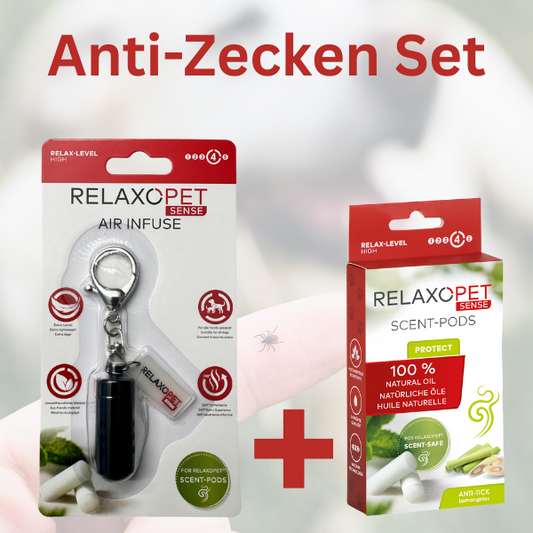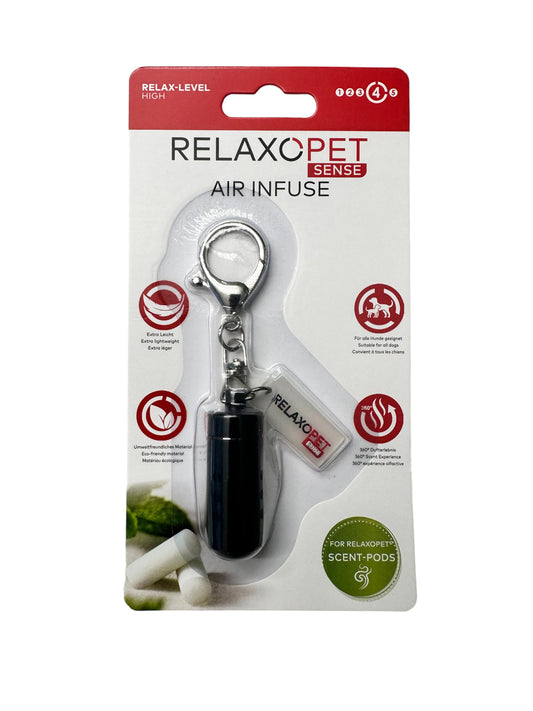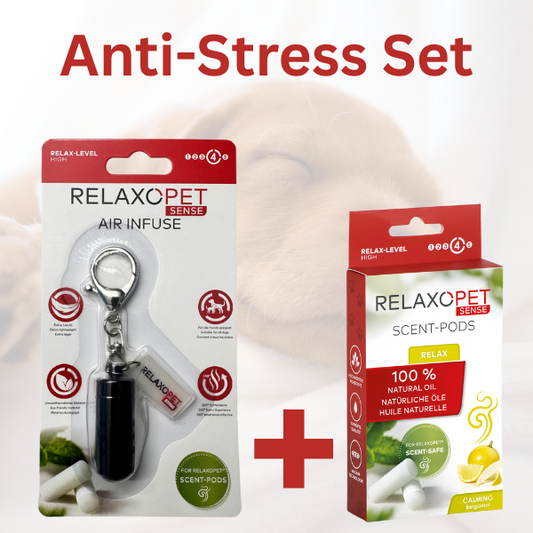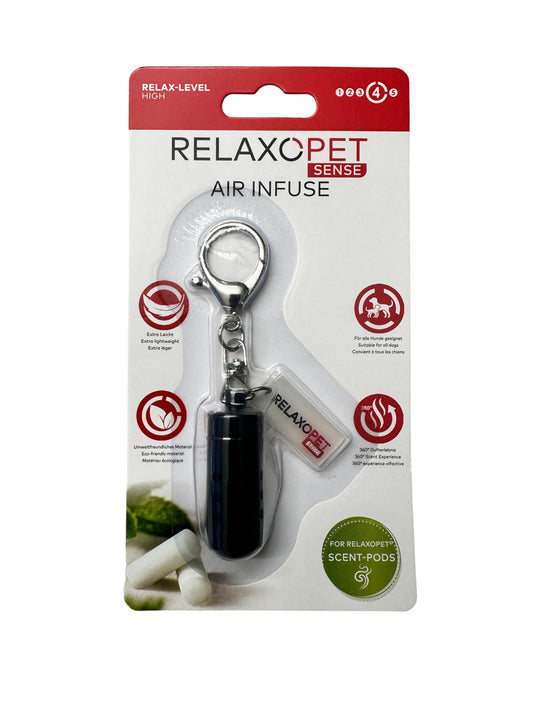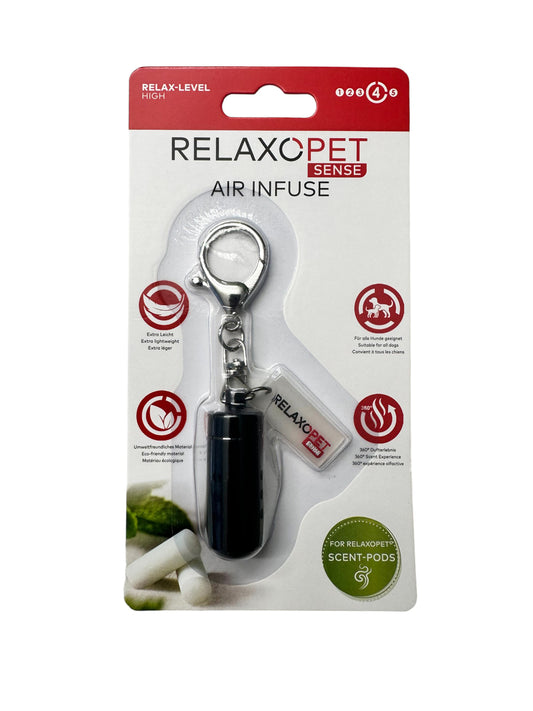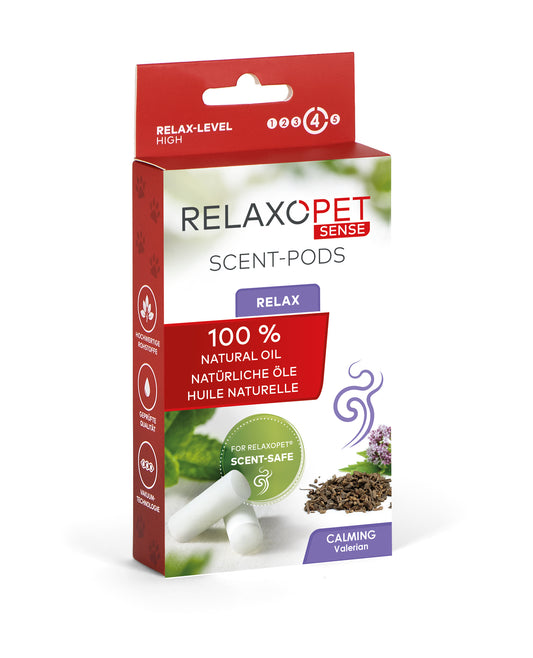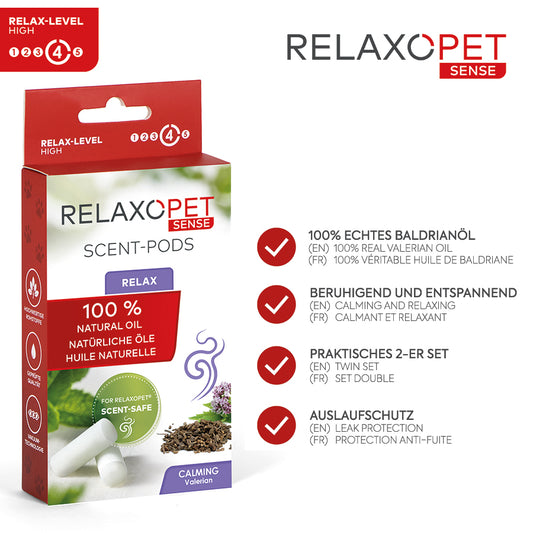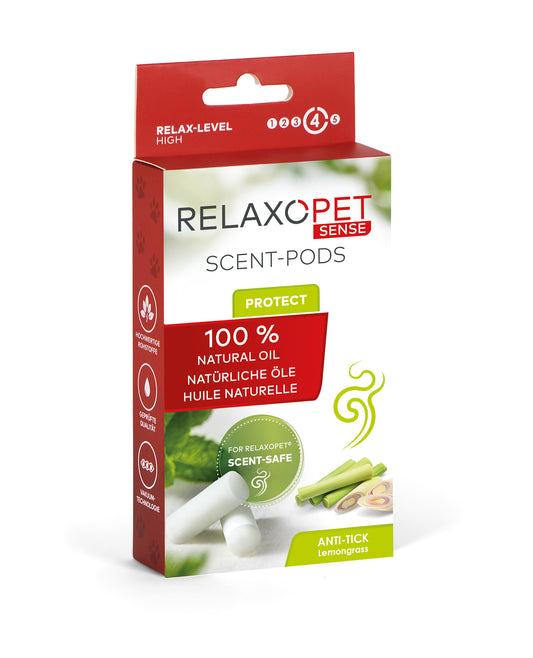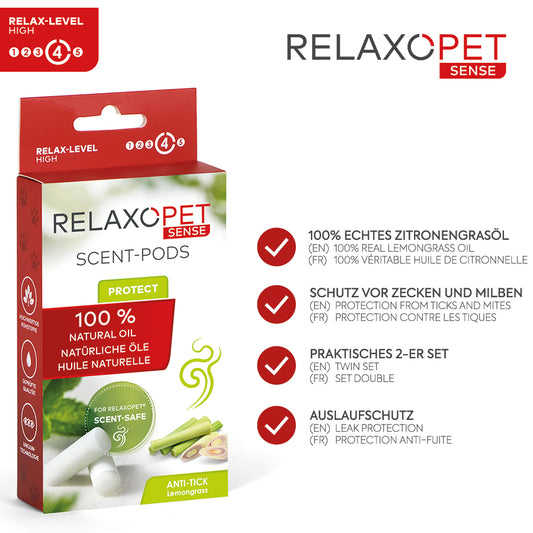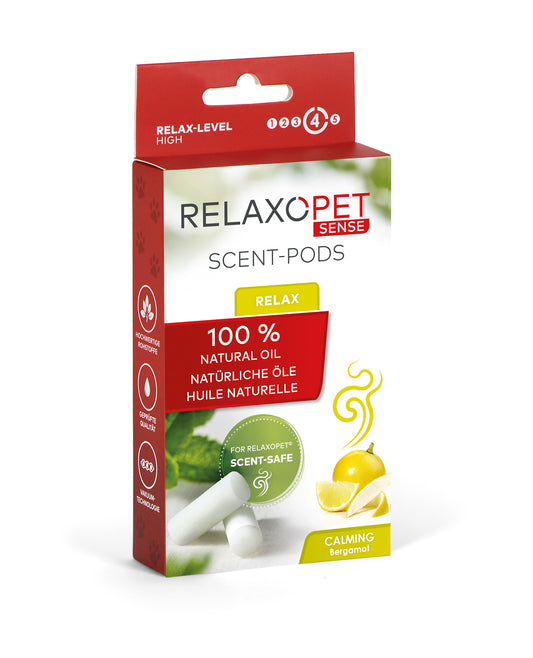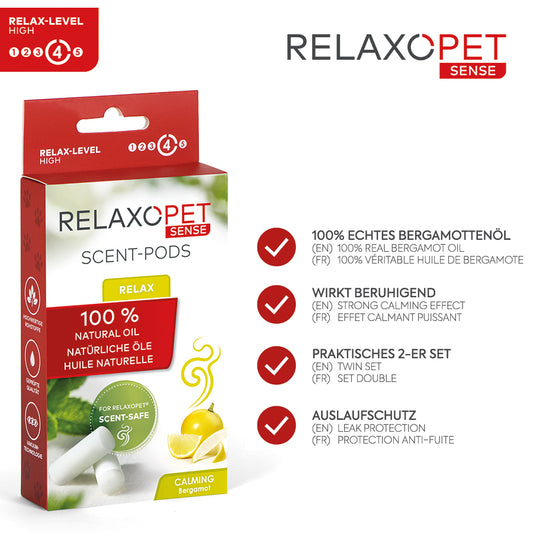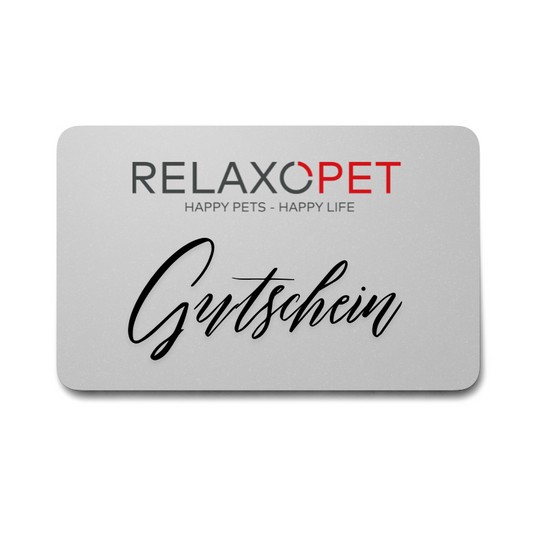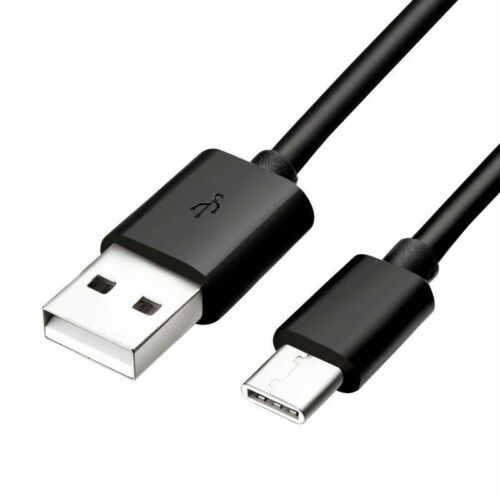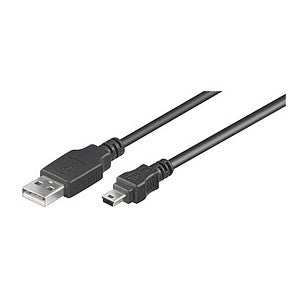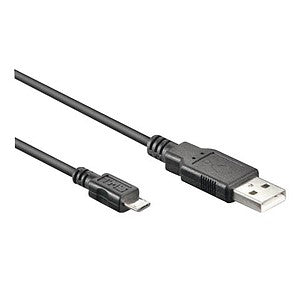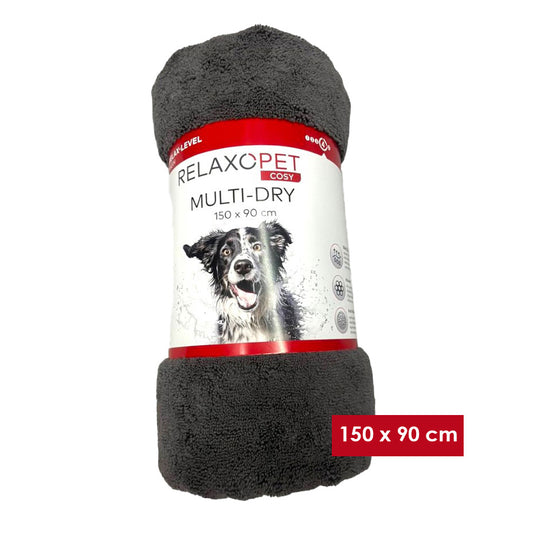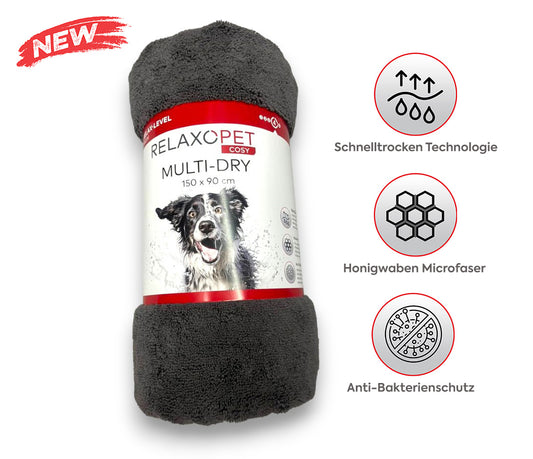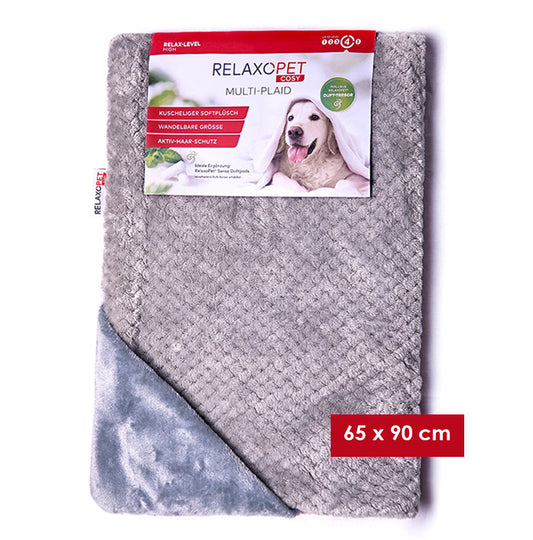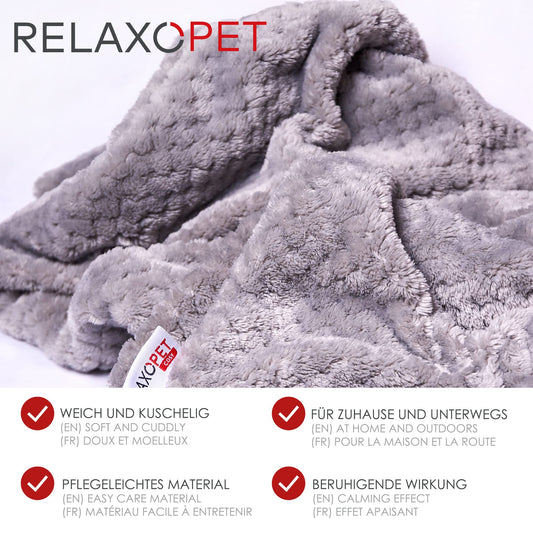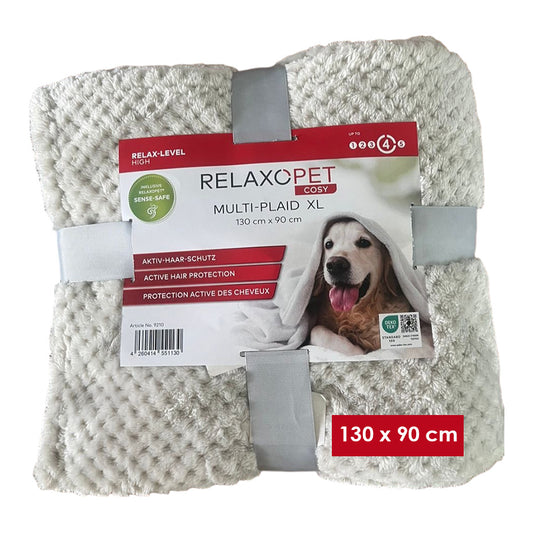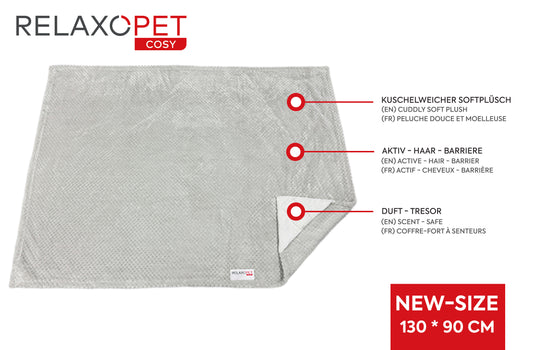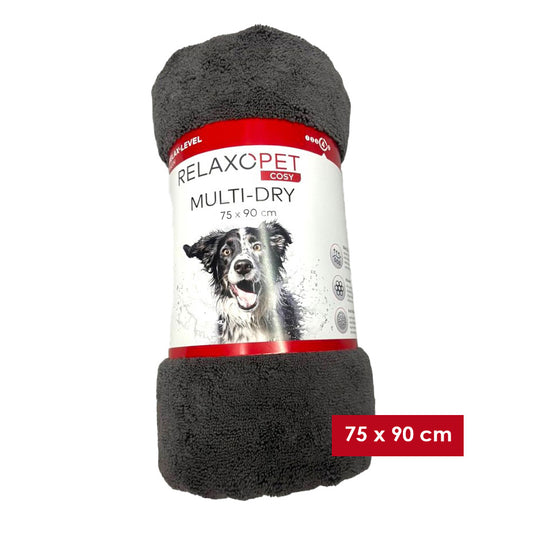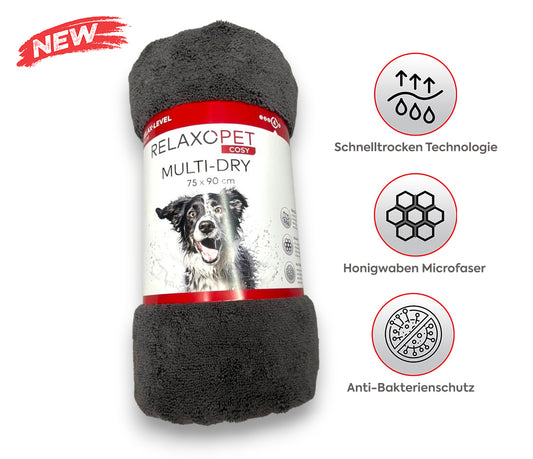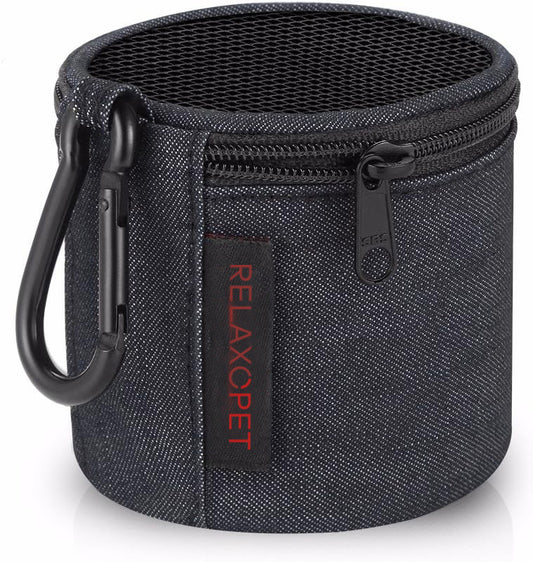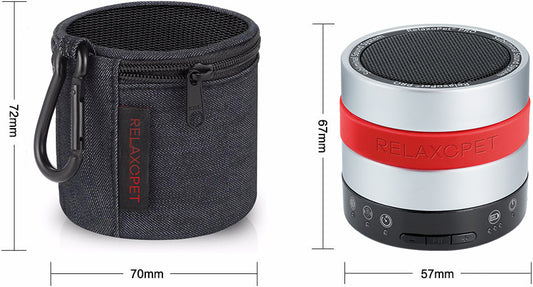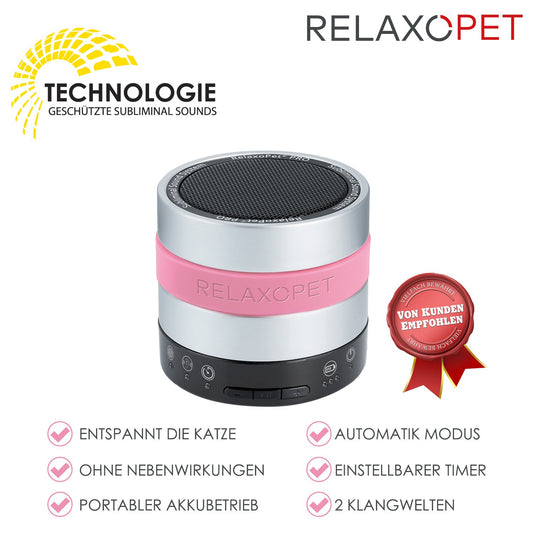
Advice on dog health & care
Share
Dog health and care: advice on preventative care, coat care, dental health and ear care
A dog is not only a loyal companion, but also a family member whose health and well-being are of utmost importance. In this blog post, we will focus on canine health care and provide advice on coat, teeth, and ear care, as well as on the prevention and treatment of common illnesses.
-
Dog Health Care: Preventive health care is key to ensuring your dog lives a long and healthy life. Here are some important tips:
-
Regular veterinary visits: Take your dog to the veterinarian regularly for check-ups to detect and treat potential health problems early.
-
Vaccinations and parasite protection: Keep your dog's vaccination schedule up to date and provide adequate parasite protection, including flea and tick prevention and deworming.
-
Healthy diet: Feed high-quality dog food that meets your dog's nutritional needs. Talk to your veterinarian about the right diet for your dog.
-
Adequate exercise: Ensure adequate exercise and regular walks to promote your dog's physical fitness.
-
-
Grooming: Grooming is important to keep your dog's coat clean and healthy. Here are some tips:
-
Regular brushing: Brush your dog's coat regularly to prevent matting and remove dead hair. Brushing frequency depends on the length and texture of the coat.
-
Bathing: Bathe your dog as needed, but don't overdo it. Use a mild, dog-safe shampoo and rinse thoroughly.
-
Tick and flea control: Check your dog's coat regularly for ticks and fleas. Use appropriate preventative measures if necessary.
-
-
Dental health: Dental health is often neglected, but it can lead to serious problems. Here are some tips for dental care:
-
Brushing your teeth: Get your dog used to brushing his teeth early. Use a special dog toothbrush and toothpaste, never human products.
-
Chews: Give your dog chews such as bones or special dental treats to clean the teeth and massage the gums.
-
Regular checkups: Check your dog's teeth regularly for signs of tartar, gingivitis, or other problems. If you notice any abnormalities, consult your veterinarian.
-
-
Ear care: Ear care is important to prevent infections and inflammation. Here are some tips:
-
Regular cleaning: Clean your dog's ears regularly with a dog-safe ear cleaner and cotton swabs. Be careful not to overclean the ears and avoid inserting anything into the ear.
-
Check for infections: Check your dog's ears regularly for signs of redness, swelling, unpleasant odor, or increased earwax. If you suspect an infection, consult your veterinarian.
-
-
Prevention and treatment of common diseases: There are some common diseases that can affect dogs. Here are some tips for prevention and treatment:
-
Flea and tick control: Use appropriate flea and tick preventatives to protect your dog from infections and diseases.
-
Deworming: Deworm your dog regularly to prevent worm infestation and maintain your dog's health.
-
Early detection of symptoms: Pay attention to changes in your dog's behavior, appetite, bowel movements, or weight. If you suspect illness, consult your veterinarian.
-
In closing: Your dog's preventative care and grooming are crucial to ensuring optimal health and a happy life. By attending regular veterinary appointments, maintaining coat, dental, and ear care, and paying close attention to any signs of illness, you will help ensure your dog lives a healthy and fulfilling life. Remember that every dog has unique needs, so it's important to consult your veterinarian for specific advice for your dog.

